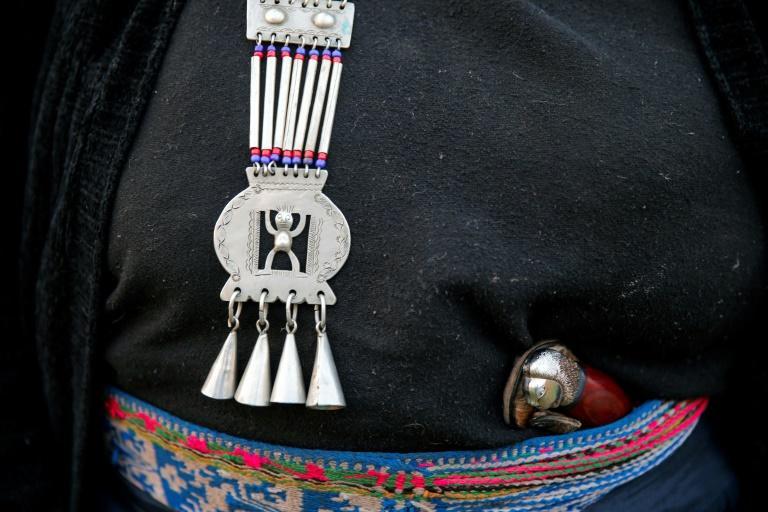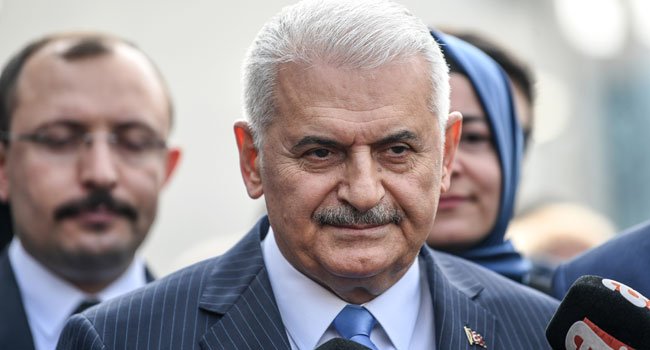One hundred days ago, Chile’s new constituent assembly led by an indigenous woman president
An indigenous woman president began work on rewriting the South American country’s constitution, but tensions remain high amongst the Mapuche community. One person died and 17 were injured on Sunday in clashes between security forces and indigenous Mapuche protesters demanding autonomy for their people.
The Mapuche are Chile’s largest indigenous group but have suffered centuries of discrimination and marginalization.
They are demanding the return of ancestral lands and self-determination. And many doubt that even having one of their own, 58-year-old linguist Elisa Loncon, at the head of the new constituent assembly will bring the change they want.
“It’s a new form of colonialism of the Mapuche people,” Juan Pichun, a leader of the radical group Arauco Malleco Coordination (CAM), told AFP.
“The constituent assembly and the new constitution it will write won’t represent us. Economic power is more powerful than a constitution.”
Pichuan was speaking from a pine and eucalyptus forest in the Araucania region, 600 kilometers (370 miles) south of Santiago where the CAM Mapuche organization has taken “territorial control” from the logging company that owns it.
They have cut down dozens of trees using chainsaws before dragging them down dirt roads using oxen and selling the wood.
Much of the ancestral lands of the Mapuche, who make up 1.7 million of Chile’s 19 million population, are owned by logging firms.
“We want the logging companies to leave because they’ve caused a lot of ecological, environmental, cultural and philosophical damage and the dispossession of our people,” said Pichun.
– ‘Violence’ not the answer –
Many Mapuche in Araucania live in poverty and have seen their ancestral lands snapped up by the logging industry, which is responsible for eight percent of Chile’s exports.
Chile sells seven percent of the world’s paper pulp.

According to official statistics, logging companies own 2.8 million hectares, some 17.2 percent of Chile’s forests.
Indigenous people complain that the pine and eucalyptus trees planted by these companies for financial gain cause damage to native vegetation and consume water resources needed by local communities.
The last decade has seen an increase in violence related to this dispute with some radical indigenous groups carrying out arson attacks on trucks and private property.
“Violence is not a path that can bring us to a scenario of dialogue and mutual respect,” said Richard Caifal, director of the Rakizuam indigenous policies center in Araucania’s capital Temuco.
– ‘It gives us strength’ –
Some indigenous people view the future as bright once the constitution written up during the Augusto Pinochet dictatorship (1973-1990) is rewritten.
Indigenous people, including seven Mapuche, make up 17 of the constituent assembly’s 155 members.
Loncon’s presidency is historic too as it represents the first time an indigenous person has led any such public body wielding political power.
“It gives us strength that we’re viewed for the first time the way we should have been viewed (all along),” said Jessica Huentemil, a “machi” or spiritual guide in the Fermin Manquilef village some 25 kilometers south of Temuco.
“Amongst all the prejudice, this is a historic milestone.”
The 39-year-old lives on a 12-hectare piece of land in a traditional home, “ruca”, where she prepares herbal remedies.
She says the restitution of land is “an ancestral debt. Something that we always had, that was ripped from our hands, and must be returned.”

As well as the return of lands, the Mapuche have other demands, including self-determination, Adolfo Millabur, a member of the constituent assembly, told AFP.
One demand is that “the Chilean state recognizes us as a people, as a form of reparations for the history of genocide, invasion and submission since the Spanish arrived.”
He wants Chile to create a plurinational country as Bolivia did under former leader Evo Morales, the country’s first indigenous president and where “they established principles of coexistence and included us in the distribution of power.”
Luz Maria Huincaleo, who successfully fought a 12-year struggle to recover the Fermin Manquilef community’s ancestral lands, wants the Mapuche’s national language to be taught in schools, just as the Aymara language is taught in Paraguay.
“Mapudungun cannot remain outside the school curriculum,” said Huincaleo.
AFP



